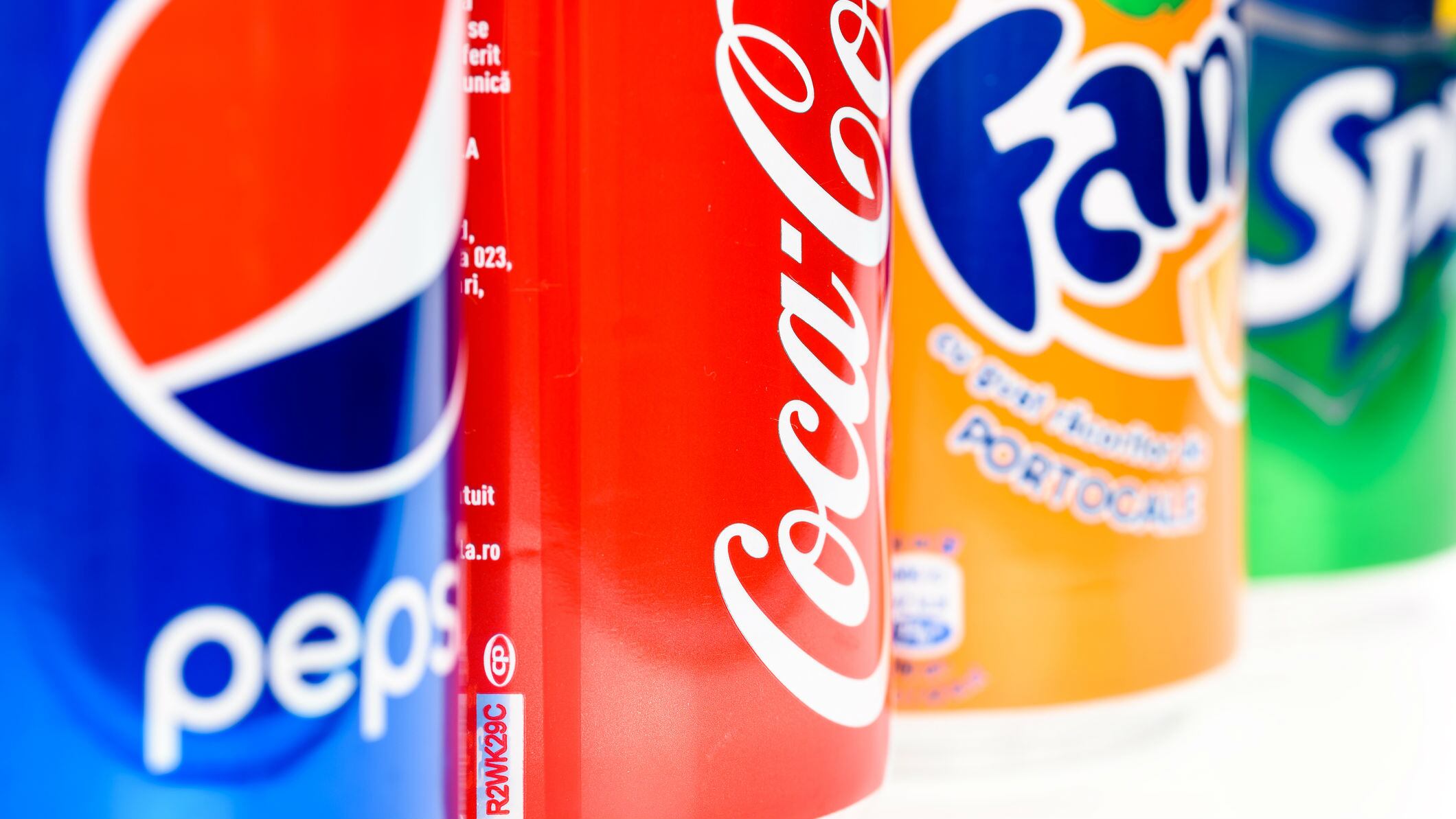Researchers say that with respect to social media, the only restrictions are the age limits set by the platform — where users are required to state that they are aged 13 or over.
They argue that restrictions both online and offline remain primarily targeted at children, excluding adolescents and young adults, adding that they "are largely self‐regulated and prove to be ineffective".
The study by the University of Adelaide’s School of Public Health and the South Australian Health and Medical Research Institute undertook a content analysis of posts made by six of the most popular sugar-sweetened beverages' (SSBs) Facebook pages in Australia — Coca-Cola Australia, Pepsi Australia, Powerade Australia, Gatorade Australia, Red Bull (global) and Monster Energy (global) — over a six-month period. The data was quantitatively analysed for descriptive data and explicit marketing techniques, then thematically analysed for implicit marketing messages.
It found that over the six-month period that there were almost 1.9 million engagements across the six pages by Facebook users through likes, comments and shares on posts. Of these, 70% included one or more calls to action.
Content by sports and energy drink brands were heavily dominated by ‘sporting prowess’ and ‘masculinity’ themes while content by Coca-Cola shared the message of ‘having fun with friends’ and ‘happiness’.
The researchers stated that the findings of the study provide those working in public health advocacy and policy with challenges and opportunities to consider for future policy debates on obesity reduction strategies.
“Public health advocates working to reduce the marketing of SSBs should be aware of the unique opportunities offered to marketers via social media as well as the vulnerability of young people to the marketing of these products, especially via this form of media,” they said.
Some risks
In Australia, 63.4% of adults and 27.4% of children were overweight and obese in 2014–2015.
The paper stated that young people aged 12 to 19 were the largest consumers of SSBs and the marketing of products to this age group was ubiquitous.
The researchers added: "Advertising through traditional media can be seen by all members of the public, allowing for monitoring by public health advocates, the wider community and regulators. By contrast, social media platforms, which can target advertising based on selected demographic variables, make such monitoring more difficult. Despite this, the need to monitor advertising via social media and understand the exposure to, and impact on, young people persists.
"Calls have long been made to regulate marketing of unhealthy foods and beverages to children and adolescents on traditional media. Social media platforms are a new, important and influential medium. These platforms are as important in that policy debate, given the exposure that they generate.
“Facebook has already implemented advertising guidelines that prohibit or restrict the advertising of harmful products such as tobacco and alcohol."
Source: Australian and New Zealand Journal of Public Health, 2018
“The marketing of sugar-sweetened beverages to young people on Facebook”
Authors: Aimee L. Brownbill, Caroline L. Miller and Annette J. Braunack-Mayer.

